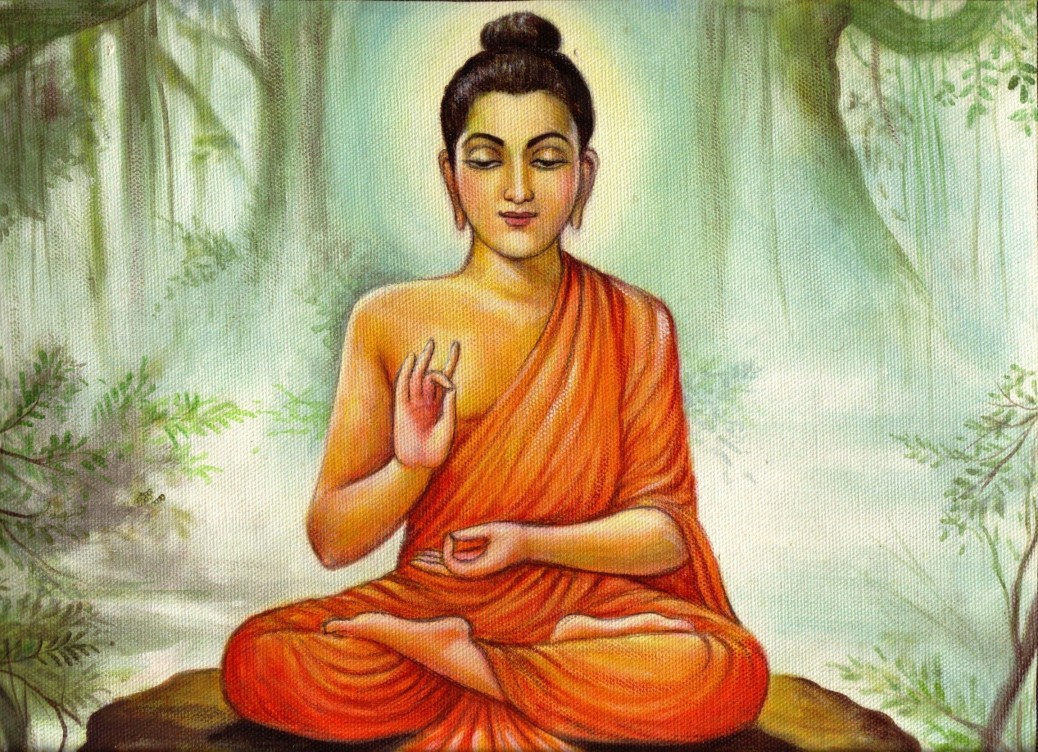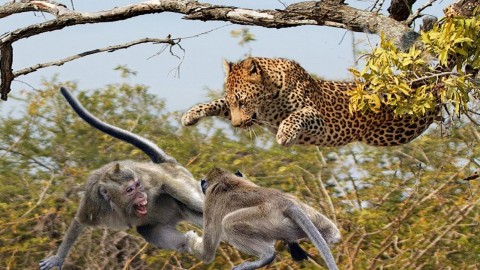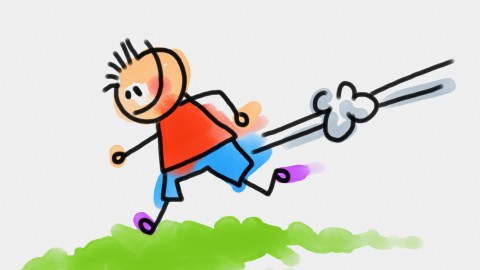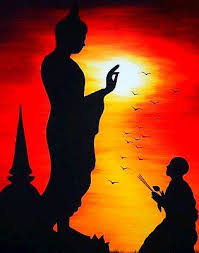Detachment
This distinction must be understood. By “detachment” don’t mean a person who has renounced the world – then there is no sense and no meaning in detachment. A detached person is a person who is living in the same world as you – the difference is not in the world. A person who renounces the world is changing the situation, not himself. And you will insist on changing the situation if you cannot change yourself. That is the indication of a weak personality. A strong person, alert and aware, will start to change himself not the situation in which he is. Because really the situation cannot be changed – even if you can change the situation, there will be other situations. Every moment situations go on changing so every moment the problem will be there.
This is the difference between the religious and the non-religious attitude. The non-religious attitude is to change the situation, the surrounding. It doesn’t believe in you, it believes in situations: when the situation is okay, you will be okay. You are dependent on the situation: if the situation is not okay, you will not be okay. So you are not an independent entity. For communists, Marxists, socialists, and all those who believe in changing the situation, you are not important; really, you don’t exist. Only the situation exists and you are just a mirror which reflects the situation. The religious attitude says that as you are you may be a mirror, but this is not your destiny – you can become something more, someone who is not dependent.
There are three steps of growth. Firstly, the situation is the master, you are just dragged by it. You believe that “you are,” but you are not. Secondly, “you are,” and the situation cannot drag you, the situation cannot influence you because you have become a will, you are integrated and crystallized. Thirdly, you start influencing the situation: just by your being there, the situation changes.
The first state is that of the unconscious; the second state is of the person who is constantly aware – he has to be alert, he has to do something to be alert. The alertness has not become natural yet so he has to fight. If he loses consciousness or alertness for a single moment, he will be in the influence of the thing. So he has to stand on his toes continuously. He is the seeker, the sadhak, the one who is practicing something. The third state is that of the conscious one. He is not trying to be alert, he simply is alert – there is no effort to it. Alertness is just like breathing: it goes on, he does not have to maintain it. When alertness becomes a phenomenon like breathing, natural, sahaj, spontaneous, then this type of person, this type of centered being, automatically influences situations. Situations change around him – not that he wishes them to change, but he is powerful.











